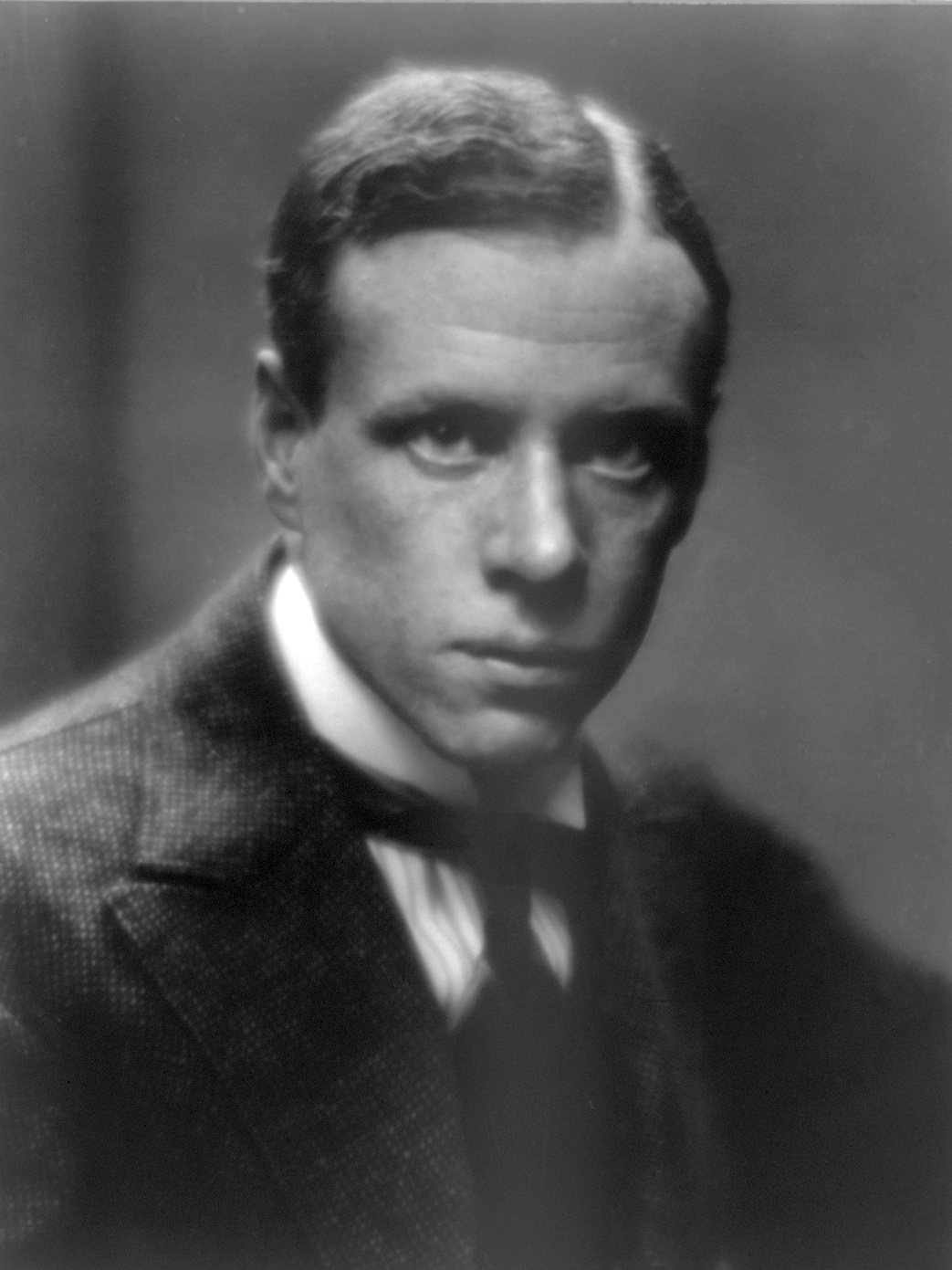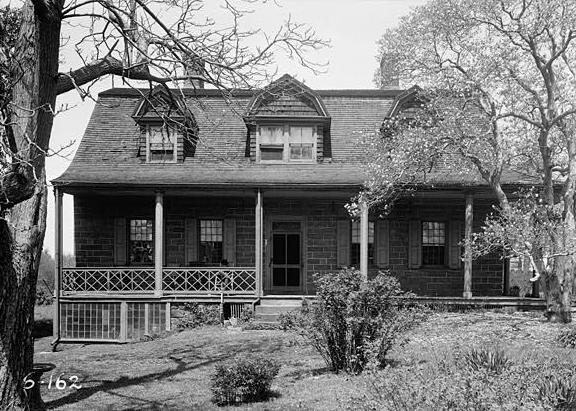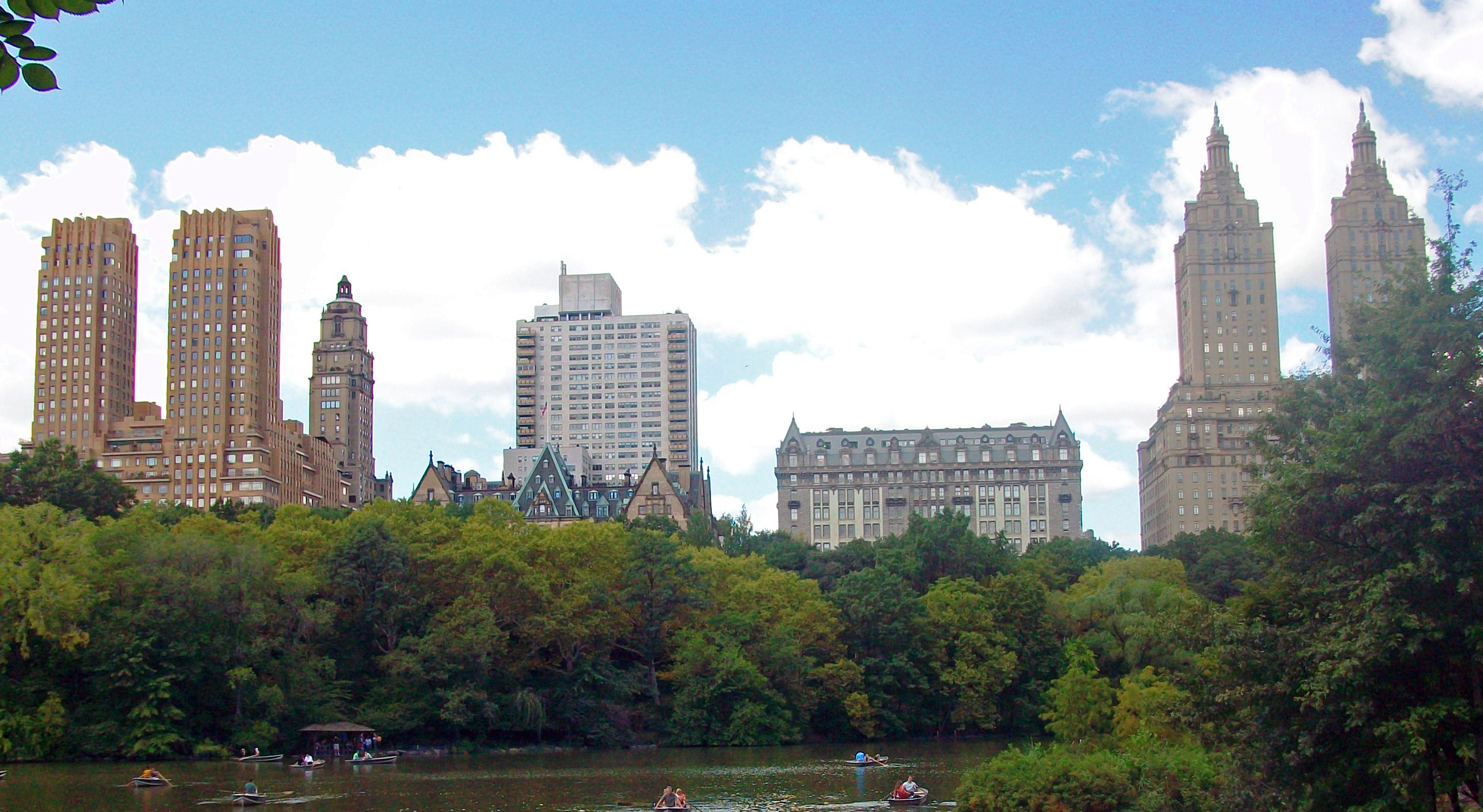|
Sinclair Lewis
Harry Sinclair Lewis (February 7, 1885 – January 10, 1951) was an American novelist, short-story writer, and playwright. In 1930 Nobel Prize in Literature, 1930, he became the first author from the United States (and the first from the Americas) to receive the Nobel Prize in Literature, which was awarded "for his vigorous and graphic art of description and his ability to create, with wit and humor, new types of characters." Lewis wrote six popular novels: ''Main Street (novel), Main Street'' (1920), ''Babbitt (novel), Babbitt'' (1922), ''Arrowsmith (novel), Arrowsmith'' (1925), ''Elmer Gantry'' (1927), ''Dodsworth (novel), Dodsworth'' (1929), and ''It Can't Happen Here'' (1935). Several of his notable works were critical of American capitalism and economic materialism, materialism during the interwar period. Lewis is respected for his strong characterizations of modern working women. H. L. Mencken wrote of him, "[If] there was ever a novelist among us with an authentic call to ... [...More Info...] [...Related Items...] OR: [Wikipedia] [Google] [Baidu] |
Upton Sinclair
Upton Beall Sinclair Jr. (September 20, 1878 – November 25, 1968) was an American author, muckraker journalist, and political activist, and the 1934 California gubernatorial election, 1934 Democratic Party (United States), Democratic Party nominee for governor of California. He wrote nearly 100 books and other works in several genres. Sinclair's work was well known and popular in the first half of the 20th century, and he won the Pulitzer Prize for Fiction in 1943. In 1906, Sinclair acquired particular fame for his muckraking fictional novel, ''The Jungle'', which exposed the fictional labor and sanitary conditions in the U.S. meatpacking industry, causing a public uproar that contributed in part to the passage a few months later of the 1906 Pure Food and Drug Act and the Meat Inspection Act. In 1919, he published ''The Brass Check'', a muckraking Exposé (journalism), exposé of American journalism that publicized the issue of yellow journalism and the limitations of the " ... [...More Info...] [...Related Items...] OR: [Wikipedia] [Google] [Baidu] |
Interwar Period
In the history of the 20th century, the interwar period, also known as the interbellum (), lasted from 11 November 1918 to 1 September 1939 (20 years, 9 months, 21 days) – from the end of World War I (WWI) to the beginning of World War II (WWII). It was relatively short, yet featured many social, political, military, and economic changes throughout the world. Petroleum-based energy production and associated mechanisation led to the prosperous Roaring Twenties, a time of social mobility, social and economic mobility for the middle class. Automobiles, electric lighting, radio, and more became common among populations in the developed world, first world. The era's indulgences were followed by the Great Depression, an unprecedented worldwide economic downturn that severely damaged many of the world's largest economies. Politically, the era coincided with the rise of communism, starting in Russia with the October Revolution and Russian Civil War, at the end of WWI, and ended with ... [...More Info...] [...Related Items...] OR: [Wikipedia] [Google] [Baidu] |
Yale Literary Magazine
The ''Yale Literary Magazine'', founded in 1836, is a student literary magazine that publishes poetry, fiction, and visual art by Yale University, Yale undergraduate education, undergraduates twice per year, academic year. Notable alumni featured in the magazine while students include Susan Choi, Sinclair Lewis, Meghan O'Rourke, ZZ Packer, Max Ritvo, Sarah Sze, and Thornton Wilder. In 2025, the magazine's editor-in-chief is Uma Arengo. Along with ''The Columbia Review'', the magazine claims to be the oldest student literary magazine in the United States. This contention is based on differing interpretations of publication continuity - ''Columbia Review'' traces its origins back to the now-defunct ''Literary Monthly'', which published its first issue in 1815. In 1936, the magazine published a centennial issue featuring several alumni authors, including Stephen Vincent Benét, William Lyon Phelps, and Gifford Pinchot. In 1978, the then-bankrupt magazine was purchased by alumnus ... [...More Info...] [...Related Items...] OR: [Wikipedia] [Google] [Baidu] |
Panama
Panama, officially the Republic of Panama, is a country in Latin America at the southern end of Central America, bordering South America. It is bordered by Costa Rica to the west, Colombia to the southeast, the Caribbean Sea to the north, and the Pacific Ocean to the south. Its capital and largest city is Panama City, whose metropolitan area is home to nearly half of the country's over million inhabitants. Before the arrival of Spanish Empire, Spanish colonists in the 16th century, Panama was inhabited by a number of different Indigenous peoples of Panama, indigenous tribes. It Independence Act of Panama, broke away from Spain in 1821 and joined the Republic of Gran Colombia, a union of Viceroyalty of New Granada, Nueva Granada, Ecuador, and Venezuela. After Gran Colombia dissolved in 1831, Panama and Nueva Granada eventually became the Republic of Colombia. With the backing of the United States, Panama seceded from Colombia in 1903, allowing the construction of the Panama Ca ... [...More Info...] [...Related Items...] OR: [Wikipedia] [Google] [Baidu] |
New Jersey
New Jersey is a U.S. state, state located in both the Mid-Atlantic States, Mid-Atlantic and Northeastern United States, Northeastern regions of the United States. Located at the geographic hub of the urban area, heavily urbanized Northeast megalopolis, it is bordered to the northwest, north, and northeast by New York (state), New York State; on its east, southeast, and south by the Atlantic Ocean; on its west by the Delaware River and Pennsylvania; and on its southwest by Delaware Bay and Delaware. At , New Jersey is the List of U.S. states and territories by area, fifth-smallest state in land area. According to a 2024 United States Census Bureau, U.S. Census Bureau estimate, it is the List of U.S. states and territories by population, 11th-most populous state, with over 9.5 million residents, its highest estimated count ever. The state capital is Trenton, New Jersey, Trenton, and the state's most populous city is Newark, New Jersey, Newark. New Jersey is the only U.S. stat ... [...More Info...] [...Related Items...] OR: [Wikipedia] [Google] [Baidu] |
Englewood, New Jersey
Englewood is a city in Bergen County, in the U.S. state of New Jersey. Englewood was incorporated as a city by an act of the New Jersey Legislature on March 17, 1899, from portions of Ridgefield Township and the remaining portions of Englewood Township.Snyder, John P''The Story of New Jersey's Civil Boundaries: 1606-1968'', Bureau of Geology and Topography; Trenton, New Jersey; 1969. p. 77. Accessed February 14, 2012. As of the 2020 United States census, the city's population was 29,308, its highest decennial count ever and an increase of 2,161 (+8.0%) from the 2010 census count of 27,147, which in turn reflected an increase of 944 (+3.6%) from the 26,203 counted in the 2000 census. History Etymology Englewood Township, the city's predecessor, is believed to have been named in 1859 for the Engle family. The community had been called the " English Neighborhood", as the first primarily English-speaking settlement on the New Jersey side of the Hudson River after New Net ... [...More Info...] [...Related Items...] OR: [Wikipedia] [Google] [Baidu] |
Housing Cooperative
A housing cooperative, or housing co-op, is a legal entity which owns real estate consisting of one or more residential buildings. The entity is usually a cooperative or a corporation and constitutes a form of housing tenure. Typically housing cooperatives are owned by shareholders but in some cases they can be owned by a non-profit organization. They are a distinctive form of home ownership that have many characteristics that differ from other residential arrangements such as single family home ownership, condominiums and renting. The cooperative is membership based, with membership granted by way of a share purchase in the cooperative. Each shareholder in the legal entity is granted the right to occupy one housing unit. A primary advantage of the housing cooperative is the pooling of the members' resources so that their buying power is leveraged; thus lowering the cost per member in all the services and products associated with home ownership. Another key element in so ... [...More Info...] [...Related Items...] OR: [Wikipedia] [Google] [Baidu] |
Helicon Home Colony
Helicon Home Colony was an experimental community formed by author Upton Sinclair in Englewood, New Jersey, United States, with proceeds from his novel ''The Jungle''. Established in October 1906, it burned down in March 1907 and was disbanded. Sinclair's initial plan for the colony included farms, a communal kitchen, nurseries for children and other services to make it entirely self-sufficient, and would contain about 100 houses on a 400-acre lot. Opinions of the colony were supportive, with the New York Times noting the difficulties of raising a family alone in the city. However, writers also raised concerns over the amount of funds required to purchase as much land as was initially planned, as well as the challenge of operating on an entirely communal basis. The colony eventually opened in a New Jersey school building in October 1906, and about 46 adults and 15 children lived in the community in the short time before it closed. History In a 1906 article in ''The Independ ... [...More Info...] [...Related Items...] OR: [Wikipedia] [Google] [Baidu] |
Bachelor's Degree
A bachelor's degree (from Medieval Latin ''baccalaureus'') or baccalaureate (from Modern Latin ''baccalaureatus'') is an undergraduate degree awarded by colleges and universities upon completion of a course of study lasting three to six years (depending on the institution and academic discipline). The two most common bachelor's degrees are the Bachelor of Arts (BA) and the Bachelor of Science (BS or BSc). In some institutions and educational systems, certain bachelor's degrees can only be taken as graduate or postgraduate educations after a first degree has been completed, although more commonly the successful completion of a bachelor's degree is a prerequisite for further courses such as a master's or a doctorate. In countries with qualifications frameworks, bachelor's degrees are normally one of the major levels in the framework (sometimes two levels where non-honours and honours bachelor's degrees are considered separately). However, some qualifications titled bachelor's ... [...More Info...] [...Related Items...] OR: [Wikipedia] [Google] [Baidu] |
Oberlin College
Oberlin College is a Private university, private Liberal arts colleges in the United States, liberal arts college and conservatory of music in Oberlin, Ohio, United States. Founded in 1833, it is the oldest Mixed-sex education, coeducational liberal arts college in the United States and the second-oldest continuously operating List of coeducational colleges and universities in the United States, coeducational institute of higher learning in the world. The Oberlin Conservatory of Music is the oldest continuously operating conservatory in the United States. In 1835, Oberlin became one of the first colleges in the United States to admit African Americans, and in 1837, the first to admit women (other than Franklin & Marshall College, Franklin College's brief experiment in the 1780s). It has been known since its founding for progressive student activism. The College of Arts & Sciences offers more than 60 majors, minors, and concentrations. Oberlin is a member of the Great Lakes Colle ... [...More Info...] [...Related Items...] OR: [Wikipedia] [Google] [Baidu] |
Spanish–American War
The Spanish–American War (April 21 – August 13, 1898) was fought between Restoration (Spain), Spain and the United States in 1898. It began with the sinking of the USS Maine (1889), USS ''Maine'' in Havana Harbor in Cuba, and resulted in the U.S. acquiring sovereignty over Puerto Rico, Guam, and the Philippines, and establishing a protectorate over Cuba. It represented U.S. intervention in the Cuban War of Independence and Philippine Revolution, with the latter later leading to the Philippine–American War. The Spanish–American War brought an end to almost four centuries of Spanish presence in the Americas, Asia, and the Pacific; the United States meanwhile not only became a major world power, but also gained several island possessions spanning the globe, which provoked rancorous debate over the wisdom of expansionism. The 19th century represented a clear decline for the Spanish Empire, while the United States went from a newly founded country to a rising power. In 1895, C ... [...More Info...] [...Related Items...] OR: [Wikipedia] [Google] [Baidu] |







